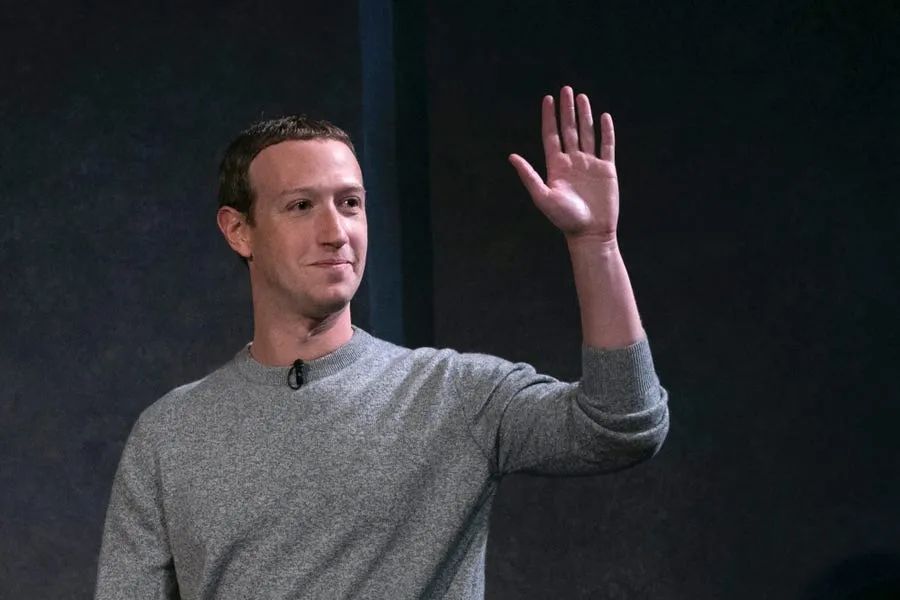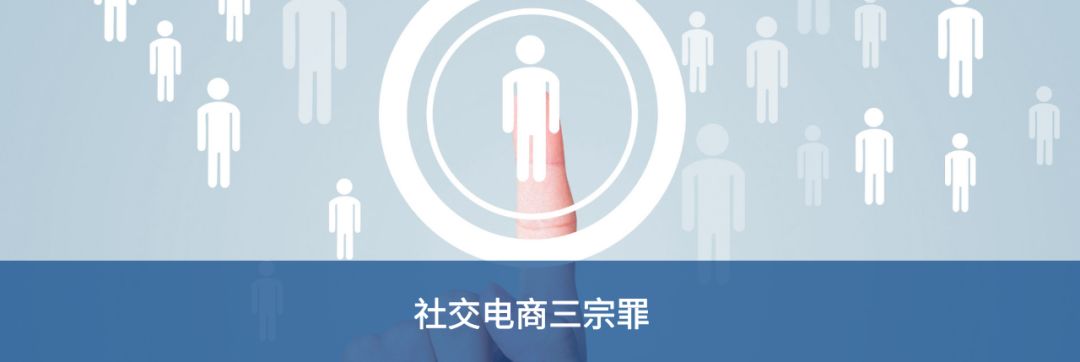Tech News: Facebook's boycott of ads caused a stir.


Facebook's boycott of ads caused a stir, but had little financial impact on it.
Core point of view.
The company forecast Thursday that Facebook's ad revenue will grow by only 10 percent by October.
That's down from 17 percent in the first quarter, thanks to a string of effects, including boycotts by prominent advertisers.
Major consumers such as Wal-Mart, Coca-Cola and Starbucks stopped buying Facebook ads earlier this year to protest hate speech on the platform.
Facebook's ad revenue revenue is slowing sharply, but executives were quick to dismiss the idea that any headline boycott that could be a potential buyer had fallen behind.
In its second-quarter earnings report released Thursday, the social network reported that its advertising revenue fell 10 percent year-on-year in July and is expected to continue to grow in October.
That's a huge decline from a 17% year-on-year increase in the first quarter - but the company summed up the impact of major advertisers suspending large campaigns and three other headwinds.
Specifically, Facebook blames "continued macroeconomic uncertainty" and a slowdown in initial user numbers due to coronavirus lock-in, California regulations and a resistance to ad growth.
Many big companies, including Wal-Mart, McDonald's, Geico, Disney, etc., have cut back on planned spending on Facebook, although many announcements were made in the third quarter, meaning the impact won't be fully disclosed until at least October.
In conference calls with investors and analysts, Facebook executives sought to allay concerns that the boycott could have a negative impact on the company's finances.
"It's an interesting situation because I think the reason that companies are often boycotted is because they don't agree with the boycotters," said Sheryl Sandberg, chief operating officer. "
"It's not true at all. We fully agree that we do not want to generate hatred on our platform, and we firmly oppose it. We will not benefit from hate speech. We never will. Hate speech is not. Users don't want to see them advertisers don't want to connect with them. We've been working hard for a long time to find it better. "
She also said Facebook was working with outside groups on a "brand security review" and hoped to release it by the end of the third quarter.
The pledge failed to reach agreement with civil rights groups, who met with Sandberg and Zuckerberg in early July and left the meeting in frustration, describing it as "disappointing" and saying it showed Facebook was "not ready to deal with vicious hatred." on their platform. "
The groups said Facebook had only partially addressed the issue of hiring civil rights experts and "didn't make any attempts" to meet other requirements. "We didn't make a commitment, we didn't have a timetable or no clear result," Jonathan Greenblatt, chief executive of the Anti-Defamation League, told reporters. We expect specifics, which is not what we have heard. "
But Wall Street analysts say the breadth of Facebook's advertiser base could also mitigate the impact of specific defectors.
"There are more than 9 million advertisers on the platform, and we don't think boycotting ads will have a significant impact," JPMorgan analyst Doug Anmuth said Friday. "Overall, we expect 3Q upside as marketers increase unallocated advertising spending within 2H."
Facebook shares rose more than 7 percent in trading Friday, driven by gains. In a recession caused by the coronavirus, stocks easily outpaced the market index, which has risen 20 percent since the start of the year.







Go to "Discovery" - "Take a Look" to browse "Friends are watching"